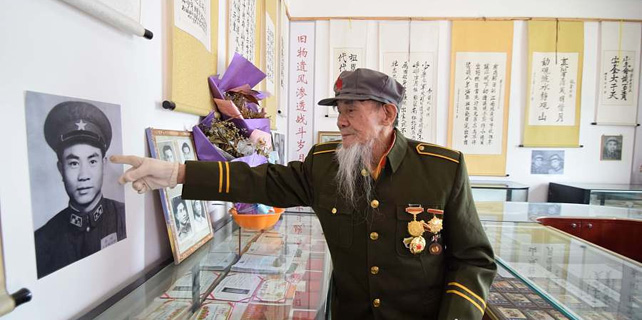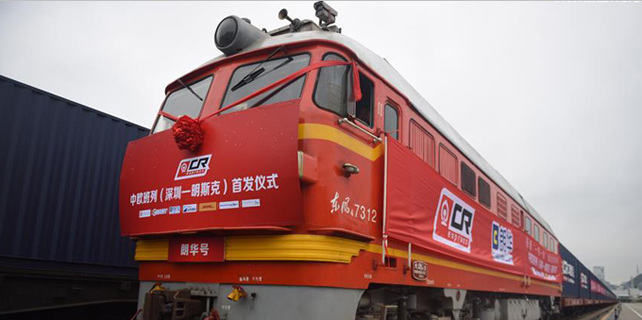Australia boosts ties, eyes Chinese funding opportunities
Australia has cemented closer economic ties with China in a shift of policy that should open up new infrastructure projects and funding opportunities.
The national government in Canberra is hoping the Belt and Road Initiative will stimulate growth during a time when prospects for the global economy remain uncertain.
"While there is a downside risk looming over the global economy, there is also potential in other areas and regions," said Peter Jolly, global head of research at National Australia Bank. "The Belt and Road Initiative has upside potential for the global economy in the coming few years."
During the Belt and Road Forum for International Cooperation in Beijing this month, Australian Minister for Trade, Tourism and Investment Steven Ciobo described the initiative as a "win-win opportunity".
This was a major change of heart from the Canberra government which agreed to closer collaboration with China in crucial sectors at the two-day gathering.
Both countries have always had strong economic ties.
In the period between 2015 and 2016, Australia's trade in goods and services was worth nearly A$670 billion ($501 billion) and was a crucial component of the country's economic prosperity, according to the Australian government website.
"Australia is a great champion, as it always has been, of free and open trade," Jolly said. "Anything encouraging more trade will be good for us."
The shift in its Belt and Road policy will help Canberra as it grapples with major infrastructure projects worth $45 billion.
Even though the Australian government has pledged a record $60 billion to fund development, overseas investment will still be crucial.
"Much of the money may not come from national coffers but from private investment, especially foreign capital in Australia's home region of Asia," said John Barry, head of capital financing for Asia at NAB in Hong Kong.
"It has long played a leading role in the country's development."
Naturally, this makes the Belt and Road Initiative, which aims to improve connectivity among Europe, Asia and Africa through infrastructure and investment, a funding fit for Australia.
Ciobo made that clear, saying that Canberra envisages future collaboration projects involving trade and infrastructure opportunities.
Coupled with this latest development, Australia hopes to secure a free trade agreement with the Hong Kong Special Administrative Region.
After Ciobo wrapped up his trip to Beijing, he headed to Hong Kong to hold talks with Secretary for Commerce and Economic Development Gregory So.
- Belt and Road is good for world development: Former Australia PM
- China's Hong Kong, Australia announce official launch of FTA negotiation
- Australia should embrace proposal, senator says
- Australia to pursue FTA with China's Hong Kong: Trade minister
- China, Australia to prepare for FTA upgrade talks: Ministry









